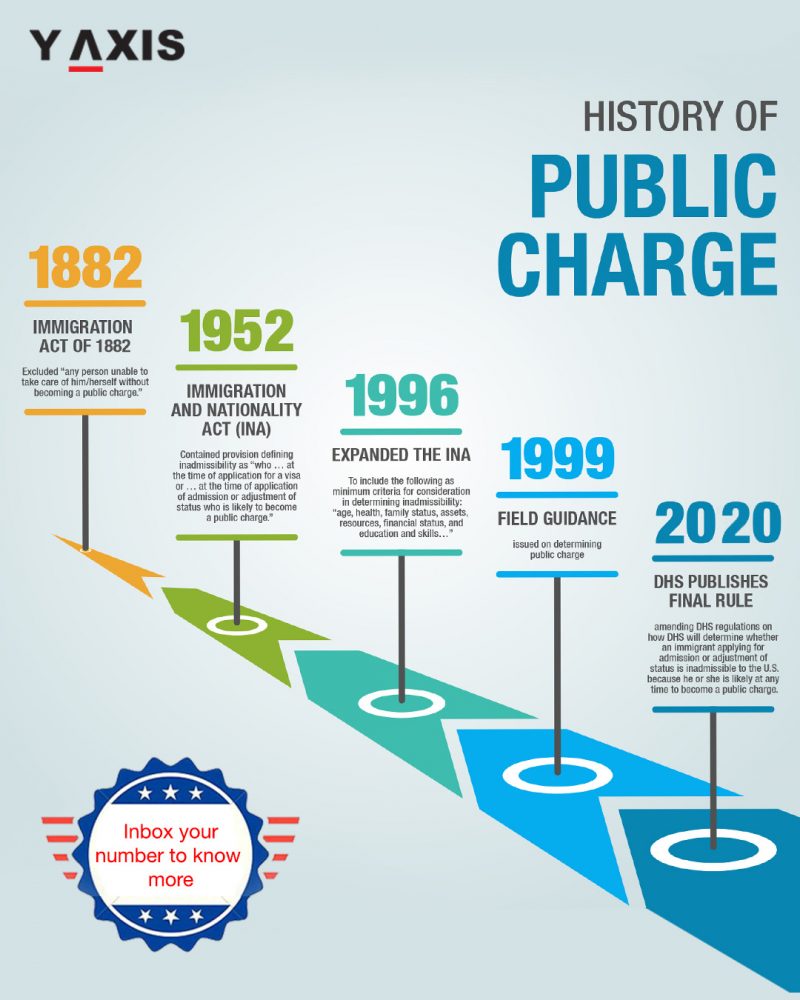Last month the US Citizenship and Immigration Services (USCIS) announced a new Public Charge Rule. Under the new rule, individuals living on immigrant and non-immigrant visas in the US will be affected.
The public charge rule is applicable to individuals who have received one or more public benefits for more than twelve months in aggregate during any 36-month period. The rule applies to both cash and non-cash benefits. They will be affected if they have used these benefits and then want to extend their stay or change their status.
The new rule is applicable to such immigrants. They should prove that they have not received any of the benefits during the specific period mentioned in the rule. The intent of the rule is to reduce the burden on Americal taxpayers.
The rule effective from February 24, 2020, is likely to have an impact on the low-income group of immigrants. It will also affect those immigrants who are aged, ill, have a temporary disability or are pregnant. It will affect immigrants who have used benefits such as medicine subsidies, housing assistance or SNAP (Supplemental Nutrition Assistance Program).
Impact of the new rule:
With the implementation of the rule, immigrants and their families are now wary of availing any aid from the US government, fearing that they may come under the scanner when they apply for an extension of their stay or permanent residency in the US.
To identify immigrants who can be disqualified under the public charge rule, the USCIS has issued a new version of the existing application forms. They have also introduced a new form called the ‘Declaration of self-sufficiency ‘ which requires an applicant to give detailed information about his and his family’s assets, financial resources, assets and liabilities, health insurance etc. The USCIS will now require information about skill levels, educational history of the beneficiary.
This creates a challenge for visa and green card applicants, especially those in the last stages of the sponsorship process. If the applicant is found to have provided any false information, then this can be enough reason to dismiss the application.
Impact on employers:
Employers will have to learn to adjust to the new rules and learn to rely on accurate information about the requirements. They should implement reliable procedures which will implement the new requirements and give employees the required support.
According to a survey, most Green card applicants come under a grey area. The public charge rule’s focus on employment makes it difficult for those especially women who are staying at home waiting to get green cards.
With H1B visa holders and Green card applicants coming under scrutiny based on the new rule, US employers will now have to think of contingency measures if their immigrant employees are disqualified.
Other requirements:
The emphasis of data collection under the new rule makes it essential to protect the data and maintain data privacy.
Additionally, the new rule requires the filling up of more forms, analysis of more data and plenty of documentation while keeping track of the application for visas and green cards.




US Public Charge rule: Impact on employers
Posted on March 11, 2020